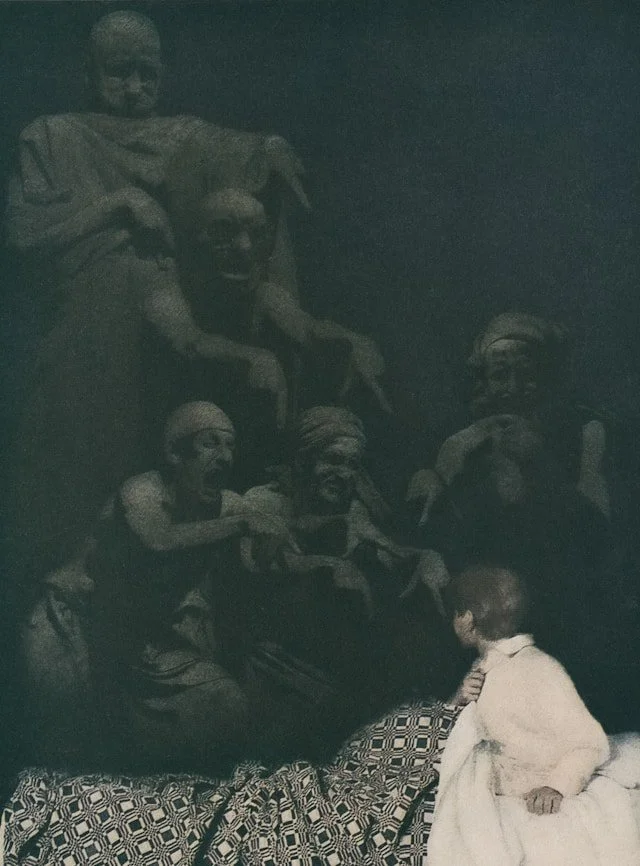1. Everything is Broken: Alana Newhouse considers why “flatness” and “frictionless” created a broken culture. You’ll have to stick with her and she puts the pieces together, but the payoff is worth it. She opines, “So, instead of reflecting the diversity of a large country, these institutions have now been repurposed as instruments to instill and enforce the narrow and rigid agenda of one cohort of people, forbidding exploration or deviation—a regime that has ironically left homeless many, if not most, of the country’s best thinkers and creators.”
2. 5 Ways Judgmental Christians are Killing Your Church: Carey Niewhof on just how serious an issue judgmentalism is, and how to foster the opposite. He shares, “Humility, by contrast, fosters empathy. It says ‘I’m like you. I get that. Maybe we can help each other.’ Many people would run to that.”
3. The Onliest Way: Glenna Marshall considers the challenge of telling the good news and the pressing reality of Jesus, “the onliest way.”
4. Homecoming: You’ll want to read this lovely reflection on adoption.
5. Understanding Why Jesus isn’t Praying to Himself: Helpful video from Red Pen Logic explaining the “who’s” and the “what’s” of the Trinity.














